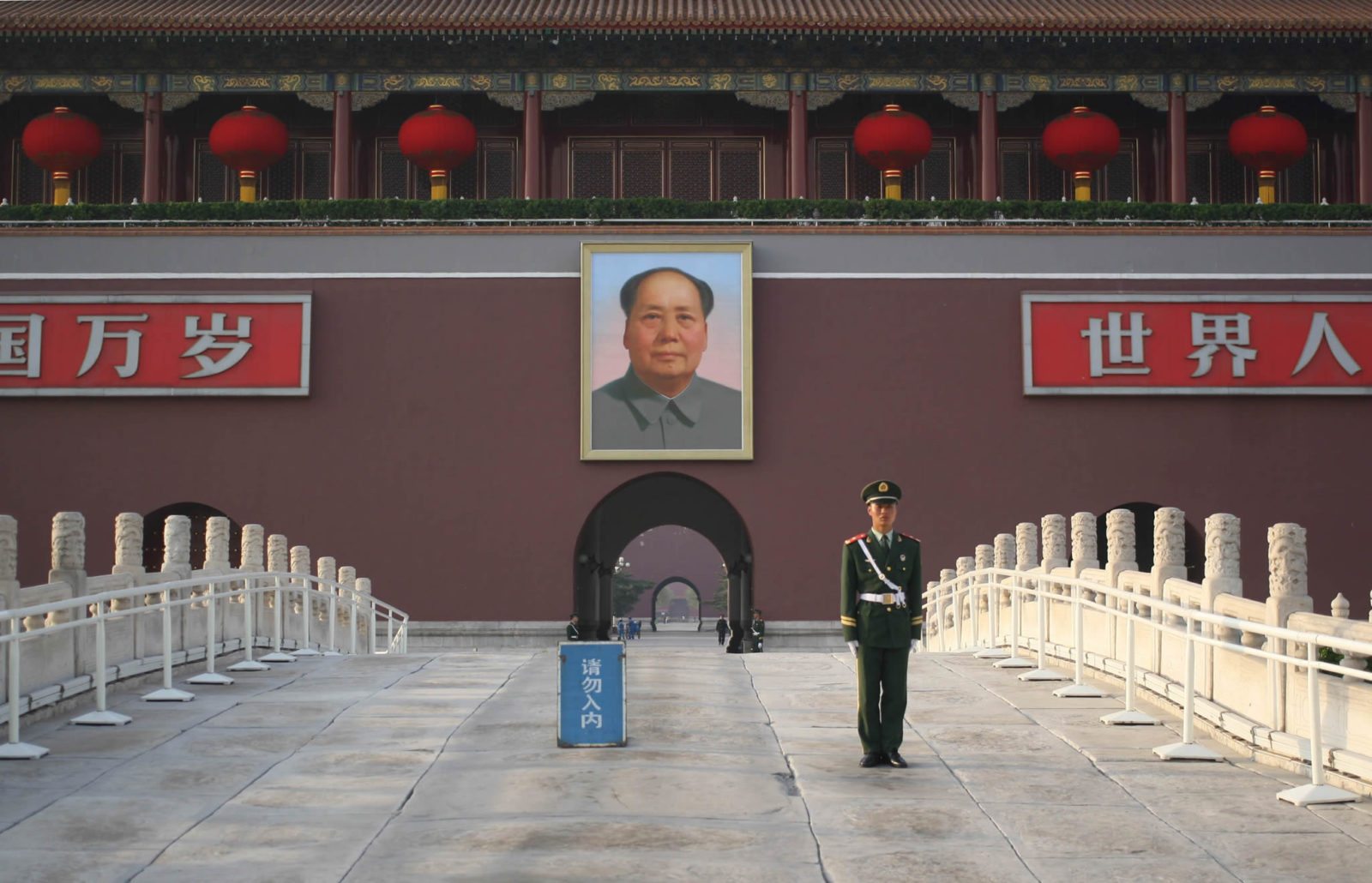Category: Science and the Media
WooMD
Consider this list: Sex Matters: tuning in to what turns you on. Ticker tune-up tips for guys. Manatomy explained. Burning down under? It’s time to fess up. Pumped Up: ED meds aren’t working? An implant could be the solution. When your hoo-ha’s burning, don’t use this common cure! Go Om: Meditation can be the healthy answer for type A’s. Sexy Seniors: The...
Science-Based Medicine 101: Reproducibility
So far I have explained why most research (if not carefully designed) will lead to a false positive result. This inherent bias is responsible for many of the illusionary treatment benefits that we hear about so commonly through the media (whether they’re reporting about CAM or Western medicine), because it is their job to relay information in an entertaining way more so...
New SBM Resource – and a Word on Vaccines
We frequently receive requests from readers, our colleagues in medicine or fellow science bloggers for the best reference site that has all the information they need on a specific topic. There are many excellent resources on the net, but nothing I know of that quite puts it all together in that way – one-stop shopping for up-to-date information on the topics we...
Needles in the skin cause changes in the brain, but acupuncture still doesn’t work
I don’t recall if I’ve mentioned it on SBM before, but I went to the University of Michigan. In fact, I didn’t go there just for undergraduate studies or medical school, but rather for both, graduating with a B.S. in Chemistry with Honors in 1984 and from medical school in 1988. In my eight years in Ann Arbor, I came to love...
Science-Based Medicine 101: How To Establish A Source’s Credibility
I thought I’d do a little SBM 101 series for our lay readers. Forgive me if this information is too basic… at least it’s a place to start for those who are budding scientists and critical thinkers. 🙂 *** Which news source do you trust more: The New York Times or The National Enquirer? Which news reporter would you trust more: Charlie...
Beware the Spinal Trap
Last year Simon Singh wrote a piece for the Guardian that was critical of the modern practice of chiropractic. The core of his complaint was that chiropractors provide services and make claims that are not adequately backed by evidence – they are not evidence-based practitioners. In response to his criticism the British Chiropractic Association (BCA) sued Simon personally for libel. They refused...

‘Acupuncture Anesthesia’ Redux: another Skeptic and an Unfortunate Misportrayal at the NCCAM
A neglected skeptic Near the end of my series* on ‘Acupuncture Anesthesia’, I wrote this: Most Westerners—Michael DeBakey and John Bonica being exceptions—who observed ‘acupuncture anesthesia’ in China during the Cultural Revolution seem to have failed to recognize what was going on right under their noses. I should have added—and I now have—Arthur Taub’s name to that tiny, exceptional group. Taub, a neurologist and...
Are one in three breast cancers really overdiagnosed and overtreated?
Screening for disease is a real pain. I was reminded of this by the publication of a study in BMJ the very day of the Science-Based Medicine Conference a week and a half ago. Unfortunately, between The Amaz!ng Meeting and other activities, I was too busy to give this study the attention it deserved last Monday. Given the media coverage of the...

“Acupuncture Anesthesia”: a Proclamation from Chairman Mao (Part IV)
The Cultural Revolution After investigating ‘acupuncture anesthesia’ in the People’s Republic of China in 1973, John Bonica wrote: From the guarded comments made by several anesthesiologists, I concluded that this disuse [of ‘acupuncture anesthesia,’ after its introduction in 1958 until the Great Proletarian Cultural Revolution began in 1966] was the result of disappointing failures in a significant proportion of patients. During the...


